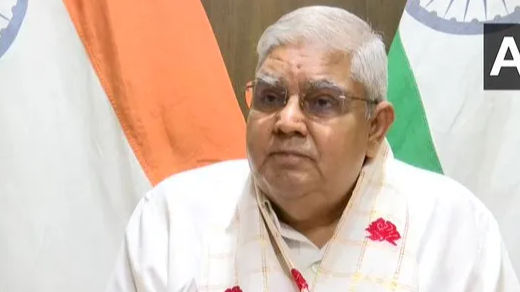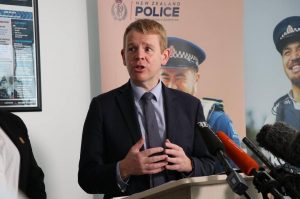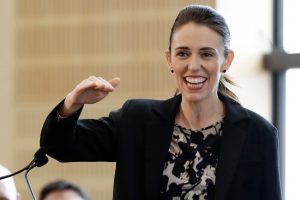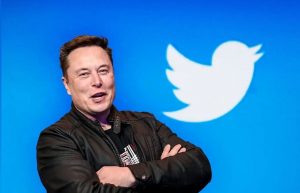India will elect
its Vice President on Saturday (August 6). The choice for the world’s largest
democracy is between West Bengal Governor Jagdeep Dhankar and former Rajasthan
Governor Margaret Alva. The Vice President of India is also the ex-officio
chairman of the Rajya Sabha, the Upper House of the Indian Parliament which
represents the states.
As things stand,
Jagdeep Dhankar, who often made the news for his run-ins with West Bengal Chief
Minister Mamata Banerjee, is the leading candidate in the Vice-Presidential
elections. Margaret Alva is expected to come a distant second.
Also Read | Explained: Why BJP chose Jagdeep Dhankhar as its vice president nominee
Here’s all you
need to know about the Vice-Presidential elections in India today:
1.
The
Vice-Presidential elections will be held in the Parliament House from 10 am to
5 pm on Saturday. Results are likely to be announced in the evening.
2.
Jagdeep
Dhankar is the BJP-led NDA’s candidate in the Vice-Presidential polls. The
Opposition’s candidate is Margaret Alva. Trinamool Congress, the party which
was leading the opposition’s bid for Presidential elections refused to support
Margaret Alva. Mamata Banerjee’s party’s decision to not support Alva was seen
by political observers as Trinamool’s tacit support for the NDA-backed
candidate.
Also Read | Margaret Alva’s political journey: Meet with Fidel Castro, rift with Sonia Gandhi
3.
Jagdeep
Dhankar can expect a total of 572 votes. He needs just 372 to win. This would
make up for nearly 70% of the vote, 2% more than what Venkaiah Naidu received.
4.
The
Electoral College for the V-P polls comprises 780 members of Parliament. These
include 543 members of Lok Sabha and 245 members of Rajya Sabha. With the
exception of 36 MPs of Trinamool Congress, who decided to abstain from voting,
744 MPs are expected to vote.
5.
The
NDA has 441 members of Parliament. Of these, 394 members are from the BJP. Five
nominated members have also decided to support Dhankar. The NDA candidate has
the support of Biju Janata Dal, YSR Congress, Bahujan Samaj Party and the
Telugu Desam Party.






